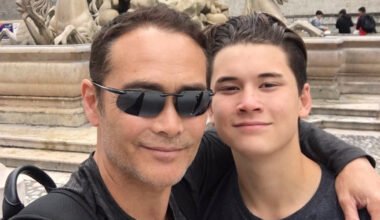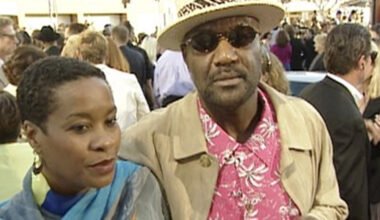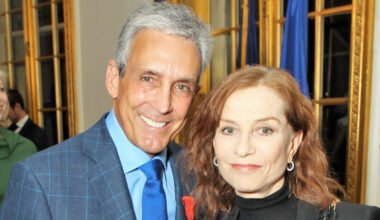In North Korea, Kim Bo-hyon (Korean: 김보현; Hanja: 金輔鉉; October 3, 1871 – September 2, 1955) was a farmer from South Pyongan Province. He was the paternal grandfather of North Korea’s founder, Kim Il-sung. He lived through important social, political, and familial changes in Korea. Kim Bo-hyon is less well-known than some of his family, but his legacy is nonetheless part of North Korea’s Mount Paektu bloodline mythology.
Early Life and Background
Pyongyang’s Mangyongdae-guyok area birthed Kim Bo-hyon on October 3, 1871. He was the sole child of farmer Kim Ŭngu and Lady Lee. When Kim Bo-hyon was 7, his father died, leaving him without parental direction. Kim Bo-hyon moved home with his uncle after his father died young, as was usual in Korean families. Despite the loss, he became a farmer, maintaining his family’s farming traditions.
His childhood was spent in rural Korea, an area plagued by political and economic difficulties. Kim Bo-hyon’s poor beginnings as a farmer in South Pyongan province shaped his descendants’ morals and character, including his son Kim Hyong-Jik.
Family and Descendants
Kim Bo-hyon married Lee Bo-hyon (born Lee Ik) and had multiple children, including Kim Hyong-Jik, a prominent Korean politician. Kim Hyong-Jik’s impact on his son, Kim Il-sung, determined North Korea’s future.
Kim Hyong-Jik makes Kim Bo-hyon the paternal grandfather of North Korea’s founder Kim Il-sung and the great-grandfather of Kim Jong-il and Kim Jong-un. Since his descendants ruled North Korea for centuries, Kim Bo-hyon’s legacy is profoundly ingrained in its leadership.
Kim Bo-hyon’s children included Kim Hyŏnggwŏn, Kim Hyong-rok, Kim Hyeong-bok, Kim Gu-il, and Kim Hyeong-sil. His grandsons, beyond Kim Il-sung, also influenced North Korean politics, perpetuating dynastic dominance.
Role in the Kim Family Legacy
Kim Bo-hyon’s political activity was modest, but his role as Kim family patriarch was significant. His direct descendants helped shape North Korea’s governmental structure, which was later primarily based on the Mount Paektu bloodline to represent the Kim dynasty as the rightful and eternal leaders.
Kim Bo-hyon’s life illustrates the North Korean regime’s narrative of the Kim family’s rise to power. The dictatorship claims that the Kim dynasty has a divine and historic right to reign based on their ancestors’ sacrifices for Korea. His descendants, especially Kim Il-sung, used this story to legitimize their rule.
Kim Bo-hyon’s association with Mount Paektu, a Korean emblem, elevates him in North Korean ideology. North Korean propaganda reveres Mount Paektu, which was the site of Kim Il-sung’s father’s revolutionary efforts and his own guerrilla campaigns against Japanese colonial control.
The Legacy of Kim Bo-Hyon
Kim Bo-hyon, 83, died on September 2, 1955. He was a crucial player in the Kim family mythos despite his low visibility. His descendants—especially his grandson Kim Il-sung—built North Korea on self-reliance (Juche), which formed its present identity. Kim Il-sung, his son Kim Jong-il, and his grandson Kim Jong-un have emphasized family dynasty authority.
North Korea’s Revolutionary Martyrs’ Cemetery in Pyongyang holds Kim Bo-hyon. There is little known about his participation to the independence struggle or other political activities, but his proximity to his son Kim Hyong-Jik and grandson Kim Il-sung places him at the heart of the DPRK’s founding years.
Conclusion
Though lesser-known than his successors, Kim Bo-hyon’s life is crucial to North Korea’s history and politics. The Kim family patriarch is linked to the Mount Paektu bloodline, which is vital to North Korean politics. His offspring and grandkids shaped North Korean history. Thus, Kim Bo-hyon’s story shows how family legacy shapes nations.







